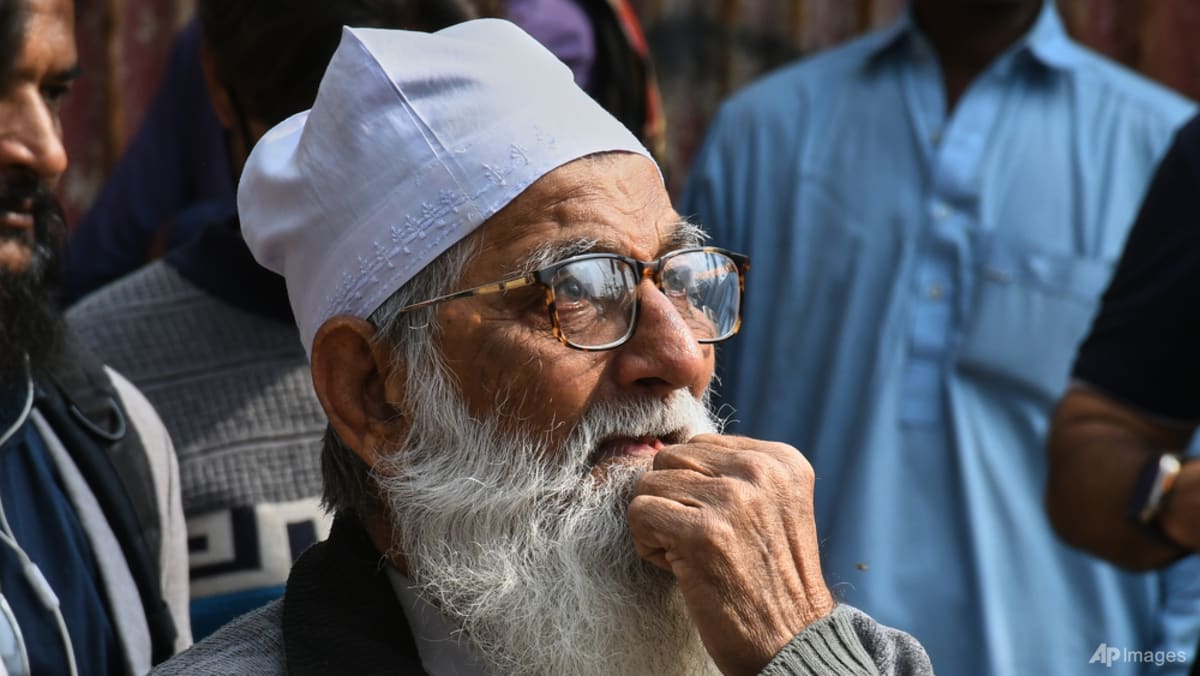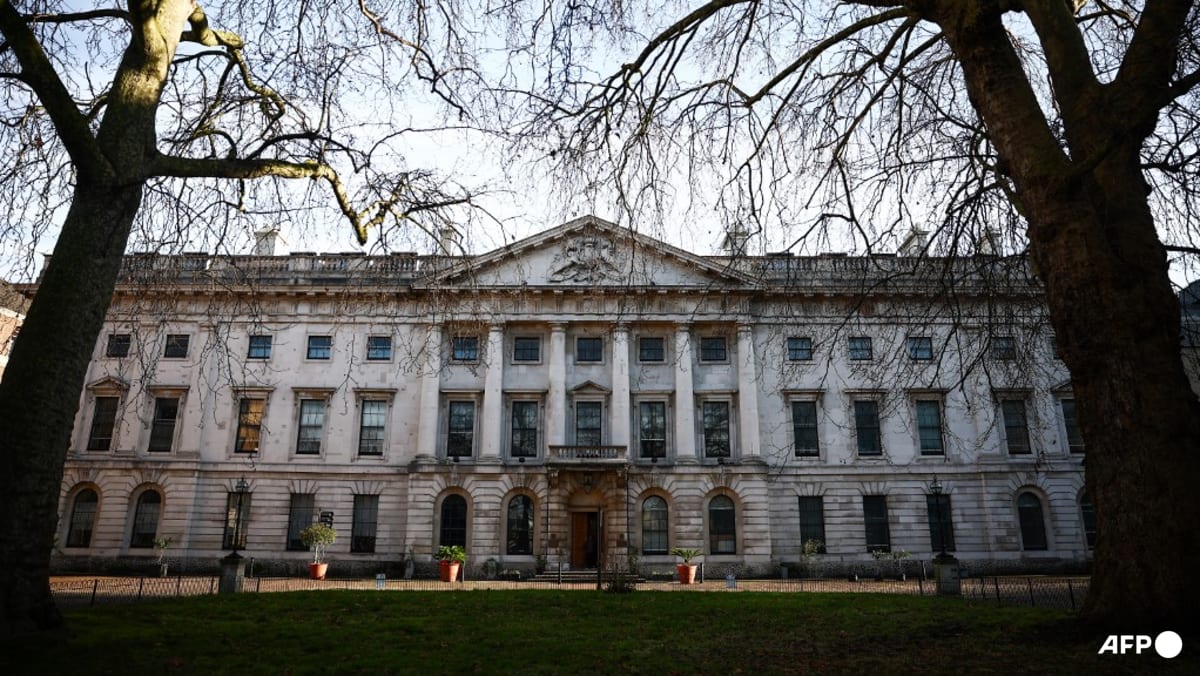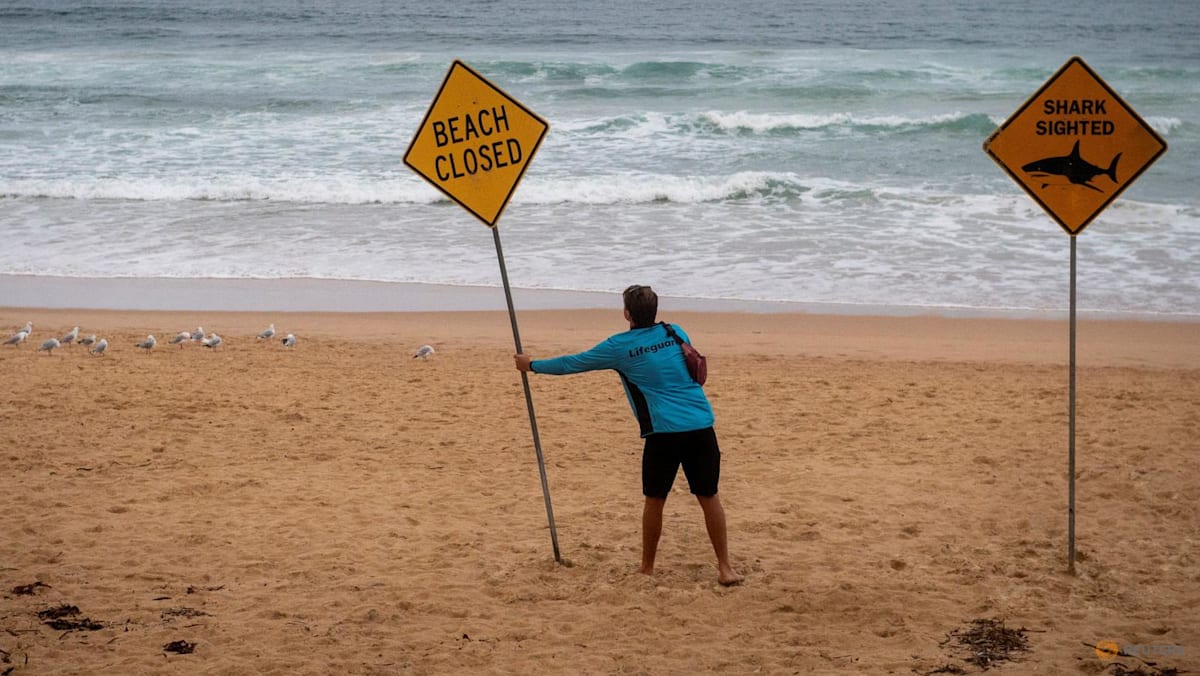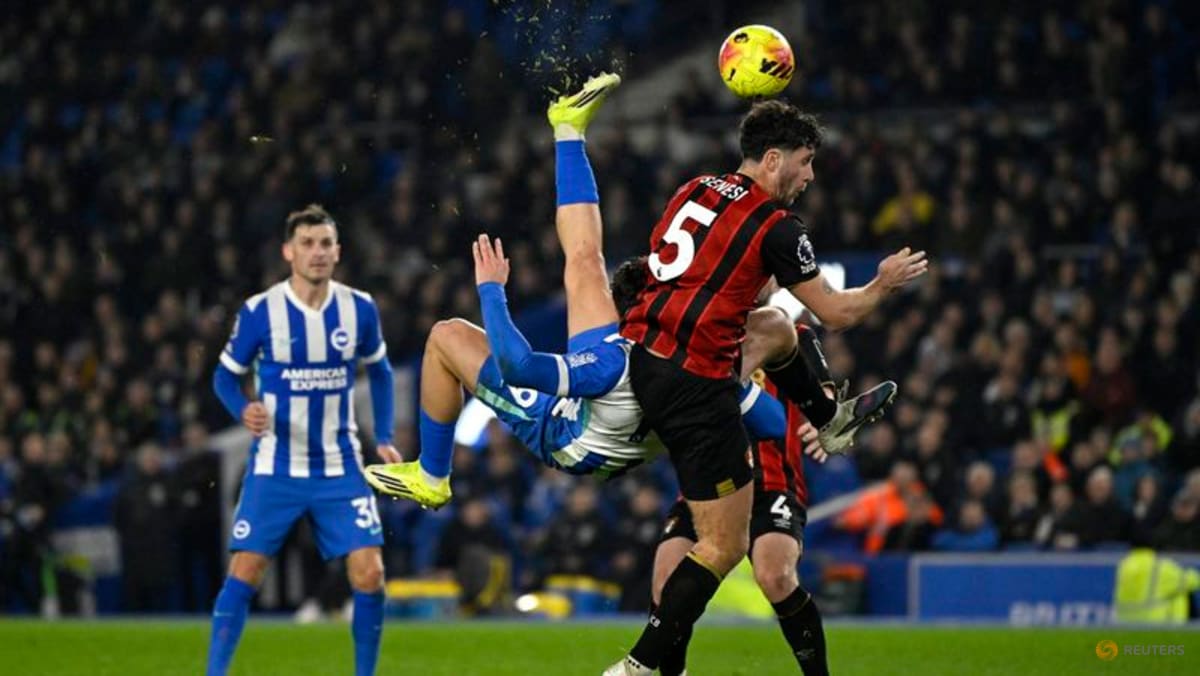Commentary: What the David Beckham documentary tells us about controlling parents in sport

CREATING “MENTALLY TOUGH” ATHLETES
Too often, controlling behaviour by parents is portrayed as necessary for success as an athlete. But the evidence shows this idea is false. In fact, such an approach can be detrimental to both a child’s chances of sporting success and their well-being.
And it’s not just a problem with elite sport; our research shows it’s also occurring with community sport.
Our research found about one in three people we surveyed said they’d experienced abuse by a parent during their time in Australian community sport.
Psychological abuse by parents was reported by just under a third of our respondents, and included behaviours such as excessive criticism, insults and humiliation, excessively training to extreme exhaustion or vomiting, and ignoring a child following a sport performance.
The controlling and abusive behaviours described above have been consistently normalised by parents, coaches and sporting organisations as being necessary to create “mentally tough” athletes ready for high-level competition.
However, there is no evidence abusive and controlling behaviours have a positive impact on performance.
Instead, there is ample evidence to indicate it harms children’s confidence and self-esteem, increases competition anxiety, leads to sport dropout, and is associated with depression and anxiety.
Research shows when adults in community sport use what’s known as an “autonomy-supportive approach” – in which young people are empowered to make their own decisions and have their feelings validated – children can be more self-motivated.
An experiment at the 2012 Olympic Games found coaches with a more supportive approach achieved higher medal tallies than those who did not.
Most of this evidence has focused on coaching, but given many parents act as coaches for their children, these findings remain relevant.
Source: CNA















